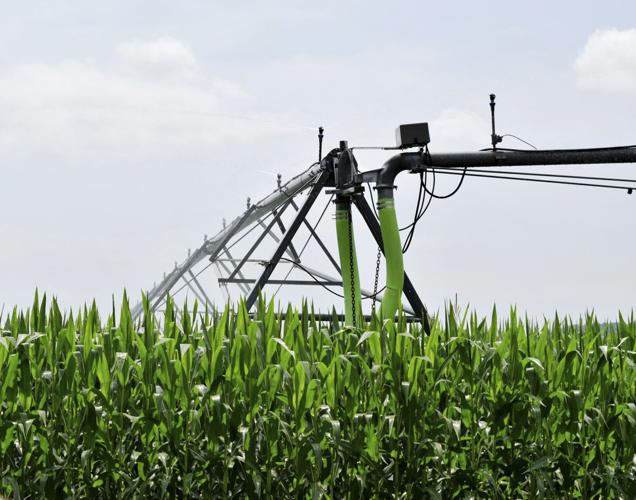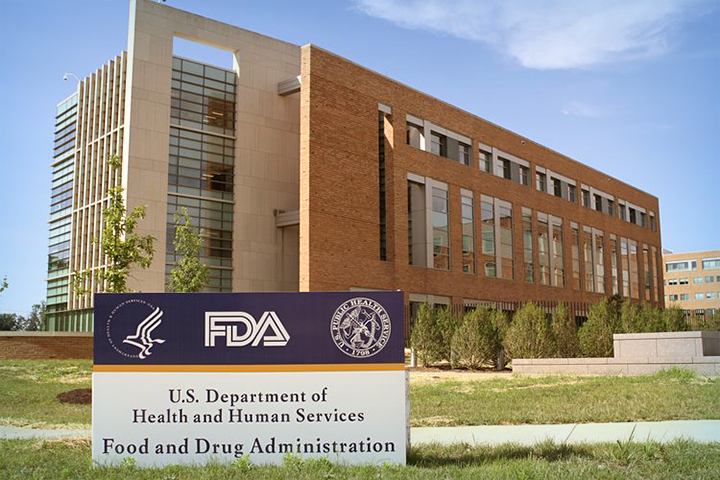Recent testing has revealed the presence of per- and polyfluoroalkyl substances (PFAS), a group of potentially harmful “forever chemicals,” in some of America’s most frequently used food pesticides. This finding has intensified calls for stricter regulatory action, given the possible contamination of vast tracts of agricultural land.

Nathan Donley, Environmental Health Science Director at the Center for Biological Diversity (CBD), expressed his concerns: “The EPA has to take control of this situation and remove pesticide products that are contaminated with these extremely dangerous, persistent chemicals.” Both CBD and Public Employees for Environmental Responsibility (Peer), the study’s co-authors, have submitted their findings to the EPA and the California Department of Pesticide Regulation, urging them to withdraw these products until the contamination can be addressed.

PFAS are synthetic chemicals found in many consumer products across a wide range of industries due to their resistance to water, stains, and heat. Exposure to these chemicals has been linked to various severe health issues, including cancer and thyroid disease. Their high persistence in the environment has earned them the nickname “forever chemicals.” The recent tests detected PFAS in three out of seven agricultural pesticides, including Intrepid 2F, a highly utilized product in California. The crops treated with these pesticides can absorb PFAS, which humans then ingest.

Despite the Food and Drug Administration’s (FDA) ongoing monitoring of PFAS in food since 2019, there are still no established limits. Additionally, these fertilizers are likely contributing to water pollution with PFAS. Notably, the detected level of PFOA, a type of PFAS compound, in Malathion 5EC was significantly higher than the EPA’s safe level for drinking water.

The reasons for PFAS presence in pesticides are still unclear, with some suggesting their use as dispersing agents. Notably, the company Corteva-Agriscience, the manufacturer of Intrepid 2F, stated that their product does not contain intentionally added PFAS. The new findings add to the ongoing debate among federal regulators and independent researchers about the extent of PFAS contamination in US pesticides and the required response. According to Kyla Bennett, a co-author of the study and Science Policy Director with Peer, the EPA bears responsibility for the situation, as she said, “There is no better way to poison Americans than contaminate our food supply and soils with PFAS, and the blame for this lies squarely on the shoulders of EPA.”





